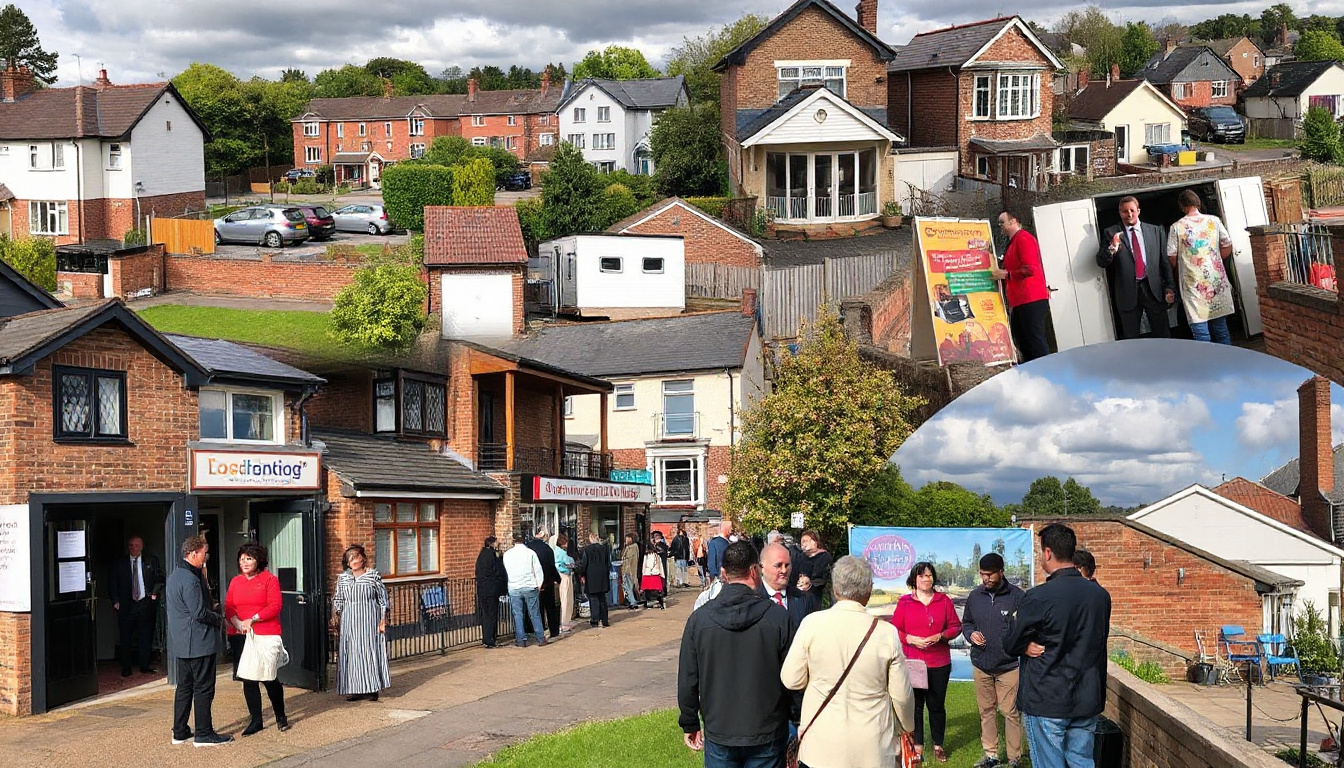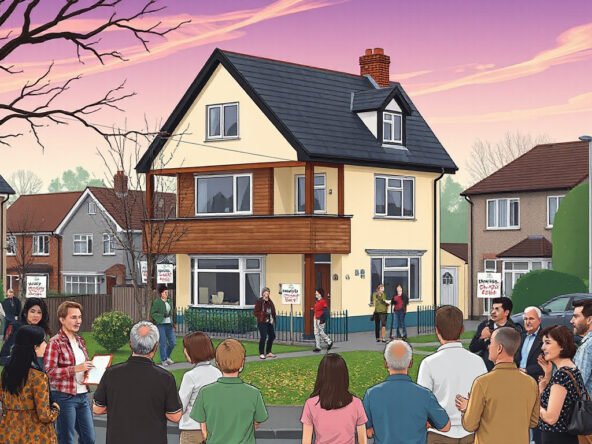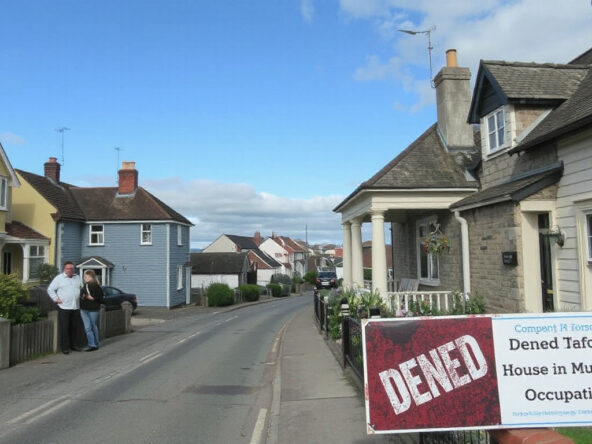Changing Face of Neighbourhoods: The Rise of HMOs in Greater Manchester and Its Impact
Demand for affordable homes grows in Greater Manchester. Landlords and tenants use houses where more people live. The growth of these homes makes some residents worry about changed neighbourhoods and strained local services. Local councils now push for firmer rules, and the talk about HMOs grows.
The Demand for HMOs
Rents rise in many urban areas. Data from Bolton Council shows HMOs grow fast. HMOs went from about 170 to more than 720 in a few years. Tenants pay lower rents when they share space. Bills often come with the rent. This mix cuts costs in a time of high living prices.
Landlords enjoy a steady flow of rent. There are fewer empty rooms and more reliable money. Investors see many people prefer shared living. The homes fit different groups. Students, young workers, and low-income people turn to HMOs since they struggle to find regular rentals.
The Concerns Raised by Residents
Many locals and politicians worry about how the growth of HMOs changes life in a community. Critics say many HMOs change the feel of streets and lower the number of family homes. In Breightmet, losing family homes becomes a hard issue. Neighbours feel pushed to sell as the mix of people shifts. One local said that streets known for families now fill with shared homes. Long-time residents may decide to leave, afraid of shifts in their community.
Councillor Sean Fielding, who spoke for firmer HMO control in Bolton, warned of runaway growth. “HMOs play a part in meeting housing needs, but planning can no longer keep them in check on some streets,” he said. The fast growth creates problems for community life and local services.
Municipal Response to the HMO Surge
Bolton Council now calls on the government to set new rules for smaller HMOs. They want to undo old rules that let these homes bypass planning permission. The goal is to quiet local worries while still giving people affordable homes.
Salford sees similar issues. A report shows that many HMOs change a family home into shared space. Salford’s Mayor, Paul Dennett, said that few council homes and a rise in homelessness push up HMO numbers. From 2017 to 2023, Salford added 1,254 HMOs. Some parts of the city see big jumps.
The council now says that new HMO plans will stop if more than 10% of nearby homes become shared dwellings. This rule applies within 100 metres of other properties.
Community Initiatives Against Unchecked HMO Growth
Some neighbours try to fix the HMO challenge on their own. In Horwich, a local group named "Say No to HMO Horwich" works hard. The group claims many HMOs change the sense of community and put extra strain on local services. Their petition calls for housing rules that keep family homes and the look of the neighbourhood.
Even though HMOs help meet the housing need, many residents feel the fast rise happens without enough care. The balance between affordable housing and a kind community life remains a key issue in Greater Manchester.
Conclusion
Greater Manchester sees more HMOs every day. The talk about their good and bad points will grow. Balancing housing needs with a good quality of life stays a hard task. Local councils plan firmer rules as neighbours speak up. The future of HMOs in this busy area is still open. All involved must keep a close watch on laws that serve both tenants and long-time residents.
Sources:
Disclaimer: This article has been generated by AI based on the latest news from Google News sources. While we strive for accuracy, we recommend verifying key details from official reports.



